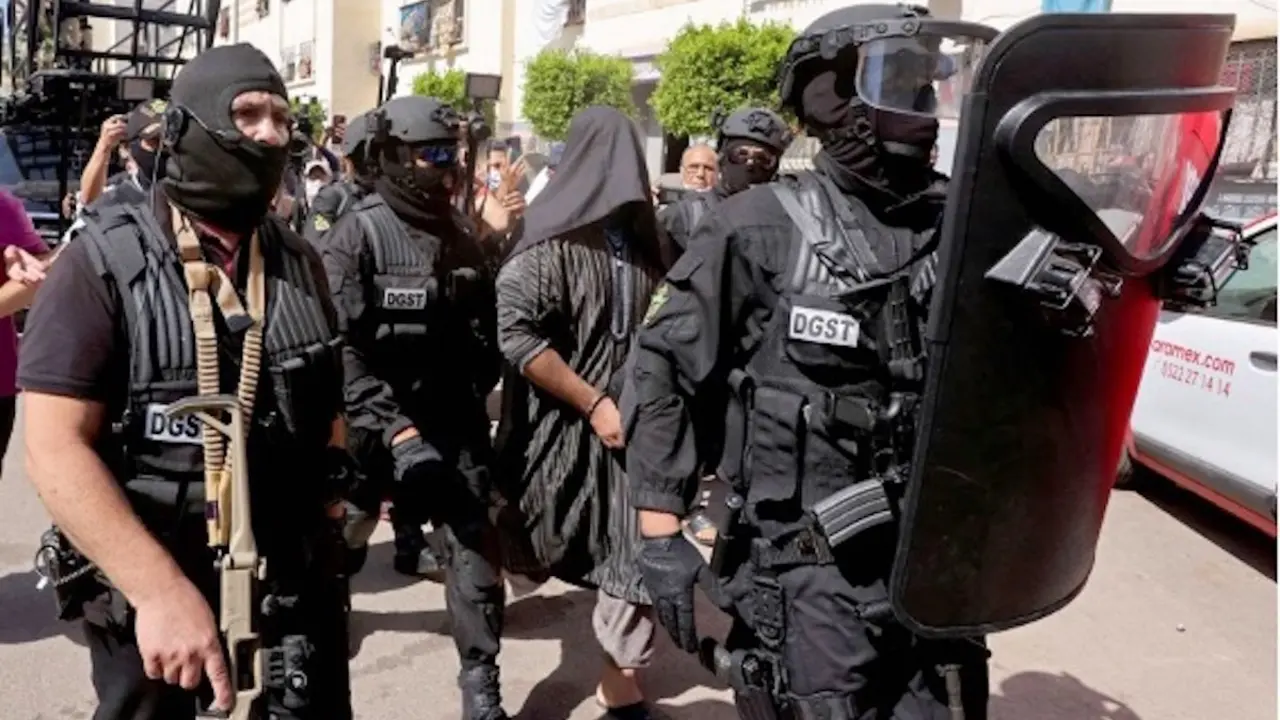Marruecos, pieza clave para Estados Unidos en la seguridad regional

The United States considers Morocco an important player in maintaining security in the Maghreb, the Sahara and the Sahel, areas that are targets for the activity of various terrorist and criminal groups that threaten regional and international security.
This key position of the Alawi kingdom means that the US is seeking to strengthen military and intelligence cooperation with Morocco. An example of this was the new edition of the African Lion military exercises in which Moroccan and US military forces took part in close cooperation.
Another sign of this cooperation was the visit of Abdellatif Hammouchi, Morocco's Director General of National Security and Territorial Surveillance, to Washington recently to meet with US intelligence and security officials. The purpose of these working sessions, which lasted several days, was to study and analyse the current challenges to regional and international security and the latent threats posed by various jihadist and terrorist groups in different areas such as the Sahel, the Sahara, North Africa and even the Middle East and Europe.

Hammouchi held working sessions with senior US security officials such as Avril Haines, director of the US intelligence services, William Burns, head of the CIA, and Christopher Asher, director of the FBI. The sessions were aimed at improving coordination between Moroccan and American efforts to tackle terrorism, cybercrime and organised crime throughout the North African and Sahel region, through the exchange of information and intelligence.
An official statement from the Moroccan Directorate General of National Security and the Directorate General of Territorial Surveillance explained that the visit of the Moroccan delegation to Washington highlighted the strength of the bilateral cooperation that unites the Kingdom of Morocco and the United States in various security areas, such as the fight against terrorism and organised crime. On this point, analysts have pointed out that various terrorist groups operating in the Sahel also engage in illicit economic activities to raise funds for their own benefit and criminal activities.
The communiqué from the General Directorate of National Security and the General Directorate of Territorial Surveillance indicated that "virtual operations" related to combating the terrorist threat and organised crime, especially in its cyber forms and transnational links, were also analysed.

It is also worth highlighting Morocco's recent major acquisition of US military equipment to reinforce its armed forces, including modern helicopters and sophisticated missiles.
Nabil Andalousi, a researcher in international relations, stressed that Abdellatif Hammouchi's visit and the meetings at the highest security and intelligence levels are an indication of Morocco's confidence and security presence at the international, continental and regional levels, and reflect a high degree of coordination and cooperation between the two countries, as reported by Al-Arab News.
This ongoing close cooperation reached an important turning point when Donald Trump's US administration recognised Morocco's sovereignty over Western Sahara by supporting his proposal for broad autonomy for the Sahrawi territory under the sovereignty of the Alawi kingdom; in return, the Kingdom established diplomatic relations with Israel, following in the footsteps of other Arab countries under the postulates of the famous Abraham Accords. These pacts have brought Arab countries closer to the State of Israel and serve to promote peace and security in the Middle East region and the world at large, confronting common enemies of these countries such as the Islamic Republic of Iran.

Other nations followed in the footsteps of the United States and recognised the Moroccan project to resolve the Western Sahara crisis as the most realistic, taking into account UN precepts, including notable examples such as Germany, the United Kingdom, the United Arab Emirates and Spain. This is in contrast to the proposal for a referendum on independence for the Sahrawi people advocated by the Polisario Front and Algeria, Morocco's great political rival, which enjoys less significant support on the international stage.
Americas Coordinator: José Antonio Sierra.








